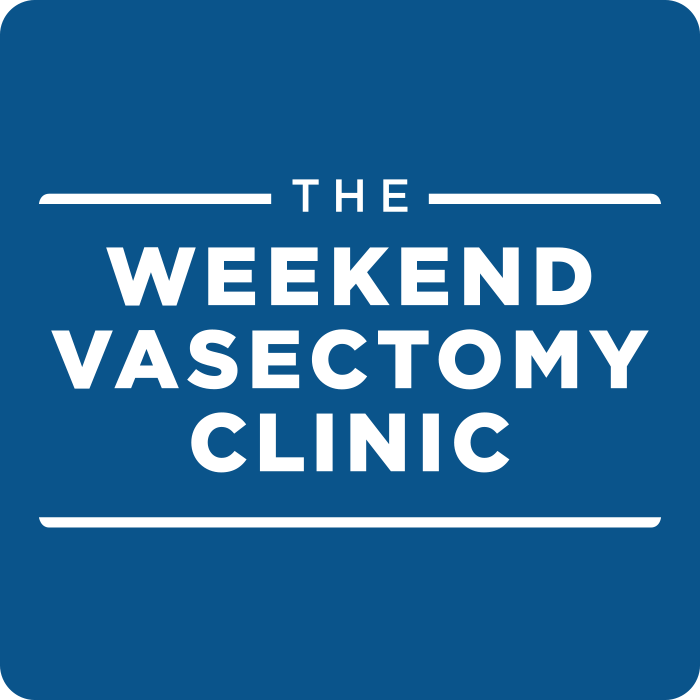ROCK 106.7’s DJ DB got a Father’s Day Fix at the Weekend Vasectomy Clinic! Listen here for a firsthand perspective from a vasectomy patient on all of your concerns and questions, whether you’re looking into the procedure or prepping for the big day. Before the procedure Listen to DB’s pre-vasectomy thoughts here: “I’m excited to […]
Now Scheduling at New Weber/North Davis Office
[et_pb_section admin_label=”section”][et_pb_row admin_label=”row”][et_pb_column type=”4_4″][et_pb_text admin_label=”Text” background_layout=”light” text_orientation=”left” text_font_size=”14″ use_border_color=”off” border_color=”#ffffff” border_style=”solid”] The Weekend Vasectomy Clinic is pleased to announce the opening of its newest clinic in the Weber/North Davis area. Opening on February 11, 2017 in the Westside Medical Clinic at 1477 North 2000 West in Clinton, Utah, the clinic provides vasectomies on Friday afternoons […]
Monitors, Vasectomies and Specialization
The specialist has the tools and knowledge to diagnose and treat complications as quickly as possible.
What if I change my mind?
You should not move forward with vasectomy until you are confident in the decision. However, if life happens, and it will, you have options.
A Few Vasectomy Questions to Consider
“I don’t really need to bring a specimen back in, right?” This is a question I get as a specialist who focuses on vasectomies on a weekly basis. My answer is always the same……….”yes” The best information we have available to us in the literature today is that about one in 2,000 vasectomies fail. Or in […]
Is vasectomy safe?
With loads of information available about vasectomy, this article breaks down some of the most propagated myths about the procedure.
Am I Sterile?
There are a couple of things you need to take into consideration after vasectomy to ensure sterility.


